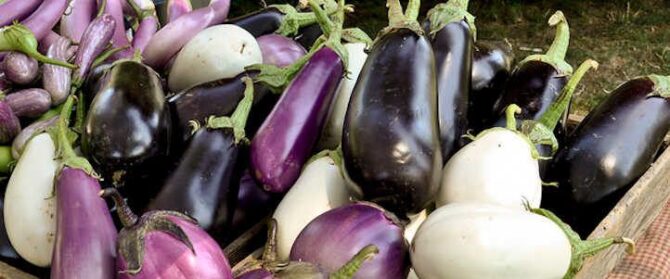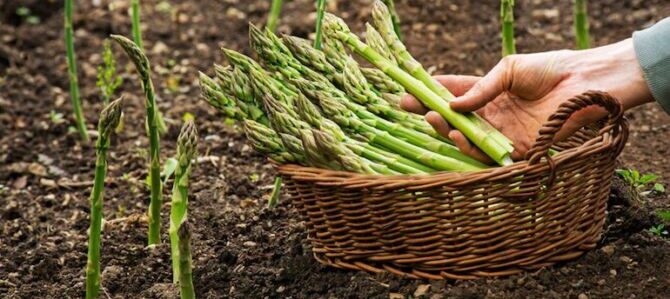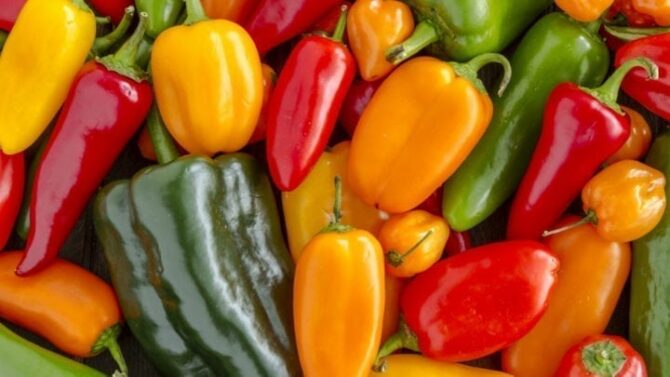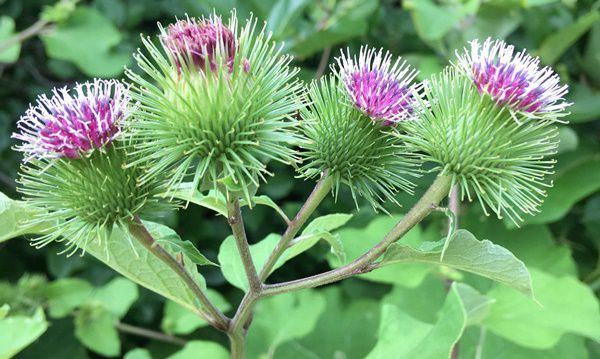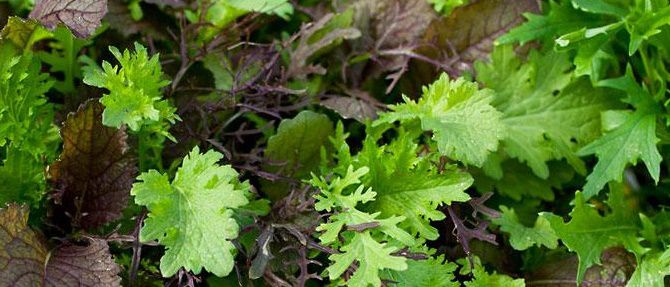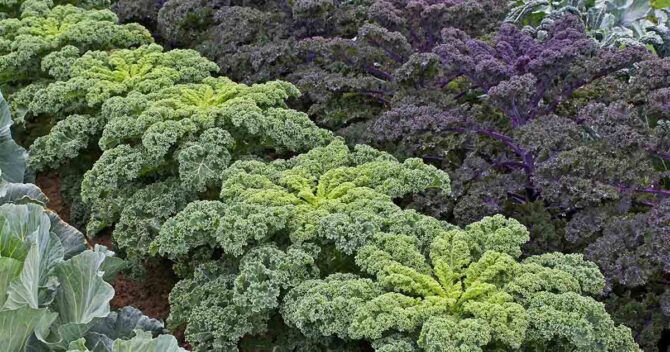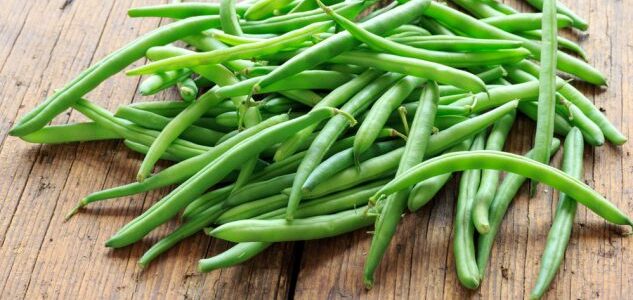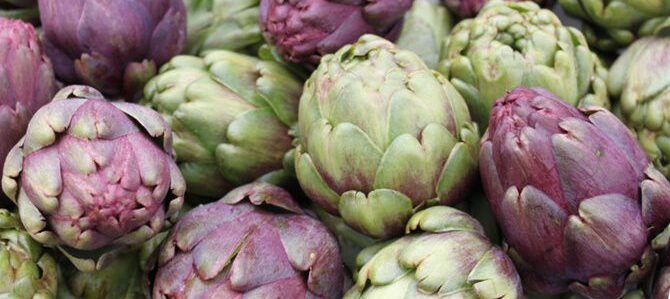Vegetables
Growing Eggplants
Eggplant (Solanum melongena) is also known as aubergine or brinjal. South Africa’s weather is ideal for growing Eggplants and it can be grown as a perennial. Eggplants are native to warm regions and need consistent warmth to set fruit. They grow fastest when temperatures are between 21 and 30°C and grow very slowly during cooler weather. Like tomatoes and peppers, eggplant fruit develop and hang from the branches of a plant that grows several feet in height.
Eggplant varieties differ in size, shape, color, and maturation time:
- Globe eggplants are traditional large purple or white oval fruits. They produce best in warmer climates.
- Japanese eggplants have long slender fruits that mature quickly; a good choice for cooler areas.
- Small fruited eggplants are more compact and are perfect for small spaces or containers.
Growing Eggplants from Seed
Indoor Sowing: Late Winter and Early Spring
Direct Sowing: Spring to Mid-Summer
- Direct Sow in Spring to Mid-Summer or start seeds indoors in Late Winter to Early Spring.
- Surface sow the Eggplant Seeds in 5 – 10cm pots and cover with a thin layer of soil or seed starter mix.
- Keep the soil evenly moist and place the pots in a sunny location protected from harsh rays.
- Germination takes about 14 days.
- Harden off the plants before transplanting them in a sunny location of the garden.
- Eggplants can also be successfully grown in containers. If you’re growing eggplant in pots, use a dark-colored container that will absorb more sunlight.
- Eggplants grow fastest when temperatures are between 21 and 30°C and grow very slowly during cooler weather.
- Although usually grown as an annual, the plant can be grown as a perennial in areas with mild winters, by pruning the plant back in Late Autumn or Early Winter. In areas with very cold winters, potted plants can be placed indoors or in a greenhouse during winter.
Maintaining Eggplants
- Plant eggplants in a very sunny spot for the best results.
- Eggplant grows best in a well-drained sandy loam or loam soil, fairly high in organic matter.
- Soil pH should be between 5.8 and 6.5 for best growth.
- Add a layer of mulch to retain moisture and suppress weeds.
- When the first set of flowers emerge, pinch them off. In addition to making the plant develop several fruiting branches, this will encourage the plant to put more energy into creating leaves and roots instead of one big fruit.
- Stalk the plants to keep them upright and the fruit clean.
- Give eggplant a steady supply of moisture, but do not let the soil get soggy. If eggplant isn’t watered enough, the fruit will be small and bitter.
- Feed the plant at least once a month with fish emulsion or compost tea.
- Eggplant is self-fertile but benefits from pollination from bees.
- Remove withered leaves, and stake or trellis plants as needed.
- Once they begin to fruit, the plants will need a little bit of extra water, but allow the soil surface to dry to the touch in between irrigation.
Harvesting Eggplants
- Pick fruit about 70 days after sowing seed.
- Frequent harvesting encourages more production.
- Eggplant stems are brittle, so when harvesting it’s best to clip the fruit with some stem attached.
- Eggplant does not freeze or can well. It’s best to use eggplant within a day or two of harvest. Do not store eggplant in the fridge, but in a cool, moist well-ventilated area.
Disclaimer
Medicinal Information:
All medicinal information on this website is for educational and informational purposes only and may not be construed as medical advice. The information is not intended to replace medical advice or treatment offered by healthcare professionals.
Seeds, Plants, Plant Cuttings, Geophytes and Dried Herbs:
In some countries and provinces, certain plants are deemed as invasive and are not allowed to be planted at all, whilst some plants are allowed to be grown only in certain areas or provinces. The onus is on you as the buyer to familiarize yourself with the regulations pertaining to your location, before purchasing any of our seeds, plants, plant cuttings, geophytes or dried herbs. We will not be held liable, should you purchase any seeds, plants, plant cuttings, geophytes or dried herbs. from us which are prohibited in your country or province.

